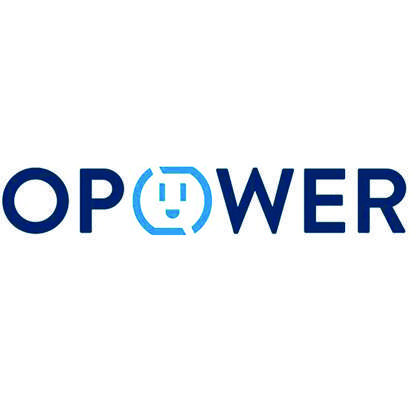In 1946, the RJ Reynolds Tobacco Company initiated a new advertising campaign for Camels, one of the most popular cigarette brands in the United States. The slogan on the brightly coloured cases read: “More doctors smoke Camels than any other cigarette.” Today, Marlboro cigarette cases read: “Smoking causes mouth and throat cancer” with gruesome images of rotting teeth, clogged arteries, and hospitalized children, depending on the case. Over 50 years, a once massively popular and mainstream activity was transformed into a fringe culture viewed as repulsive by many. Thanks to the development of new technologies and mass media, the attitude towards energy efficiency may soon undergo the same radical change.
Since the 1992 Rio Earth Summit, a conference held by the United Nations to discuss environmental and sustainable development, climate change awareness has been prevalent in the media. Unfortunately, despite this media coverage, social norms surrounding climate change have not drastically improved.
Opower, a utility company founded in San Francisco, hopes that its new technological approach to energy conservation will help shift the current mindsets towards a more active attempt to reduce household energy consumption.
Alex Laskey, the co-founder of Opower, conducted an experiment with his team where he gave people one of three different messages on their doors about why they should try to save energy: “You can save $54.00 this month,” “You can save the planet,” or “You can be a good citizen.” According to the results of the survey, no one message showed a marked difference in generating incentive amongst consumers to change their energy efficiency habits. However, when Laskey added a fourth message, “Your neighoburs are doing better than you,” consumers quickly took action.
According to the results of the experiment, locals who were under the impression that their neighbours were turning down their air conditioning also turned down their air conditioning, resulting in a significant decrease in energy consumption of the area.
“If something is inconvenient, even if we believe it, persuasion won’t work,” said Laskey in a 2013 TED talk titled The Psychology of Saving Energy. “But social pressure? That’s powerful stuff.”
Based on this study in behavioural science, the company has designed a process by which it provides comparisons of energy bills between neighbours. Essentially, Opower mails their customers an energy bill with a customized energy report. The report includes a comparison of the household’s energy use to that of a similar neighbour’s in the area. Laskey hopes that this extra incentive will help spur locals to take action to reduce their energy consumption.
The energy bill also provides conservation and efficiency tips. A common complaint amongst consumers in the fight against climate change is a lack of direction towards what action they should take. The efficiency tips provide households with concrete solutions to reduce energy that are tailored to that house, creating a specific path toward action.
“By thinking not just about material sciences but about behavioural sciences, we could save two terawatts a year,” said Laskey in his TED talk. “This is more than enough energy to power every home in St. Louis and Salt Lake City for more than a year.”
“We can do so much better, starting by tapping into the power of social behaviour.”








